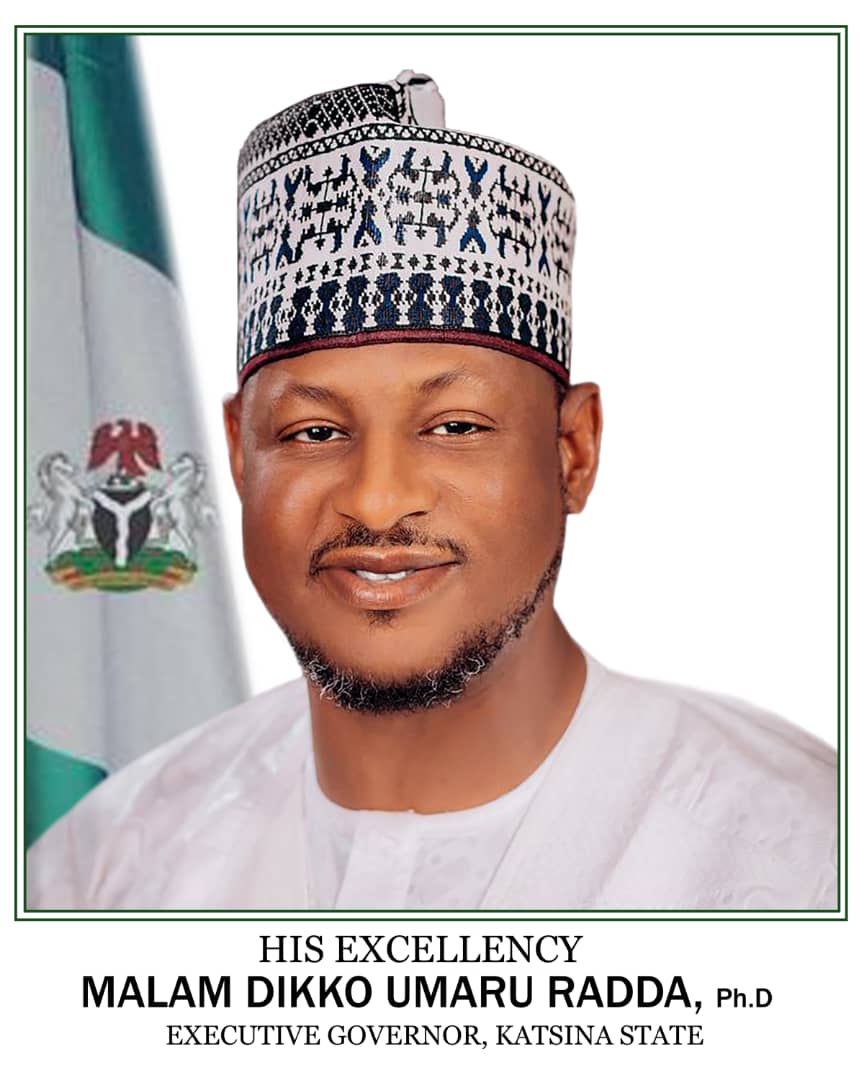A PROPOSAL TO RESTRUCTURE THE KATSINA EMIRATE BASED ON HISTORICAL EVIDENCE AND MERIT

By Katsina Times Reporters
Katsina Times news media has obtained a document to be presented to the Katsina State House of Assembly, which calls for a restructuring of the Katsina Emirate by appointing esteemed monarchs of first-class, second-class, and third-class ranks based on historical evidence and merit.
The document argues that times have changed and that it is now necessary to revisit historical records, which confirm that the era of Katsina having only one first-class Emir has passed.
The document further states that historically, three houses received flags during the Mujaddadi Shehu Usman Dan Fodio's era. They were Malam Ummarun Dallaje (may Allah be pleased with him), Malam Muhammudu Na Alhaji (may Allah be pleased with him), and Malam Ummarun Dunyawa (may Allah be pleased with him).
History shows that each of them had territories they governed after the jihad, and they all received their orders directly from the Sarkin Musulmi (Sultan of Sokoto), not the Sarkin Katsina. They administered Katsina collectively, with each managing his own domain. The arrival of colonial rule diminished their status, reducing them to subordinates under a single Emir.
The document asserts that the time has come to restore these houses to their full traditional ranks, as was historically the case. It recommends that one of them be granted a first-class emir, while the other two be given second-class status.
Additionally, the document clarifies that the land of Kurfi was never part of the Katsina emirate. It was an independent territory that received directives from the Sarkin Musulmi. Until colonial rule, Kurfi never lost its autonomy, only later being incorporated. Given its historical standing, Kurfi should be granted either a second-class or third-class emir.
The document also highlights the case of Maska, whose founder, Sarkin Maska Bako, was a contemporary of Sarkin Katsina Muhammadu Korau. Maska has an ancient history, nearly as old as Katsina itself. Therefore, its history and merit should be reviewed, and it should be granted a first-class emir.
The writers further note that historical records confirm that Nigeria’s colonial governor, Lord Lugard, once offered Sarkin Dankama, Kaura Amah, the title of a third-class emir, but Kaura Amah refused. He declared himself a warrior and preferred to remain under the authority of the Sarkin Katsina. The writers suggest that Dankama should now be granted the third-class kingship it was once offered.
Finally, the document emphasizes the role played by Malam Dudi of the Danejawa lineage in the establishment of the Emirate, whose descendants now rule in Malumfashi and Kafur. They deserve to be recognized with second-class traditional titles.
The writers stated that all the historical facts mentioned above are documented in historical records and are not mere fabrications.
They further noted that in all of Nigeria, no other emirate as great as Katsina has only one first-class emir.
Other states review their history with the interests of their people at heart, creating additional emirates in different regions. Therefore, the document emphasizes that the time has come for Katsina State to move with the times.
They added that globally, nations with rich histories protect and honor their traditional royal houses. Thus, they argued that now is the time for Katsina to restore the dignity of its historical heritage, which will also increase security and revenue from tourism.
The document clarified that no additional financial burden would fall on the state, as each local government is responsible for funding its district heads. Additionally, two percent of local government funds are allocated to emirates—funds that are spent without proper tracking or accountability.
They revealed that the Katsina Emirate receives millions of Naira monthly, yet some palace aides still earn less than ten thousand Naira.
The document pointed out that since the current Sarkin Katsina ascended the throne, there are areas he has never visited, leaving his subjects in hardship. This neglect has caused suffering among the people in those districts. Therefore, any newly created emirate would retain the funds allocated to their areas for local development.
The writers argued that this approach would motivate each traditional ruler to prioritize the progress of his domain and his people. The document is supported by historical books and archival records.
Katsina Times reached out to a member of the Katsina State House of Assembly regarding their stance if this proposal is presented. The lawmaker, who preferred anonymity, stated that as elected representatives of the people, they stand with the public’s demands.
If the people desire more emirates, they will review constitutional and legislative procedures to make it happen, as they are the representatives of the people.
Katsina times
@www.katsinatimes.com
Jaridar taskar labarai
@www.taskarlabarai.com
07043777779 08057777762

